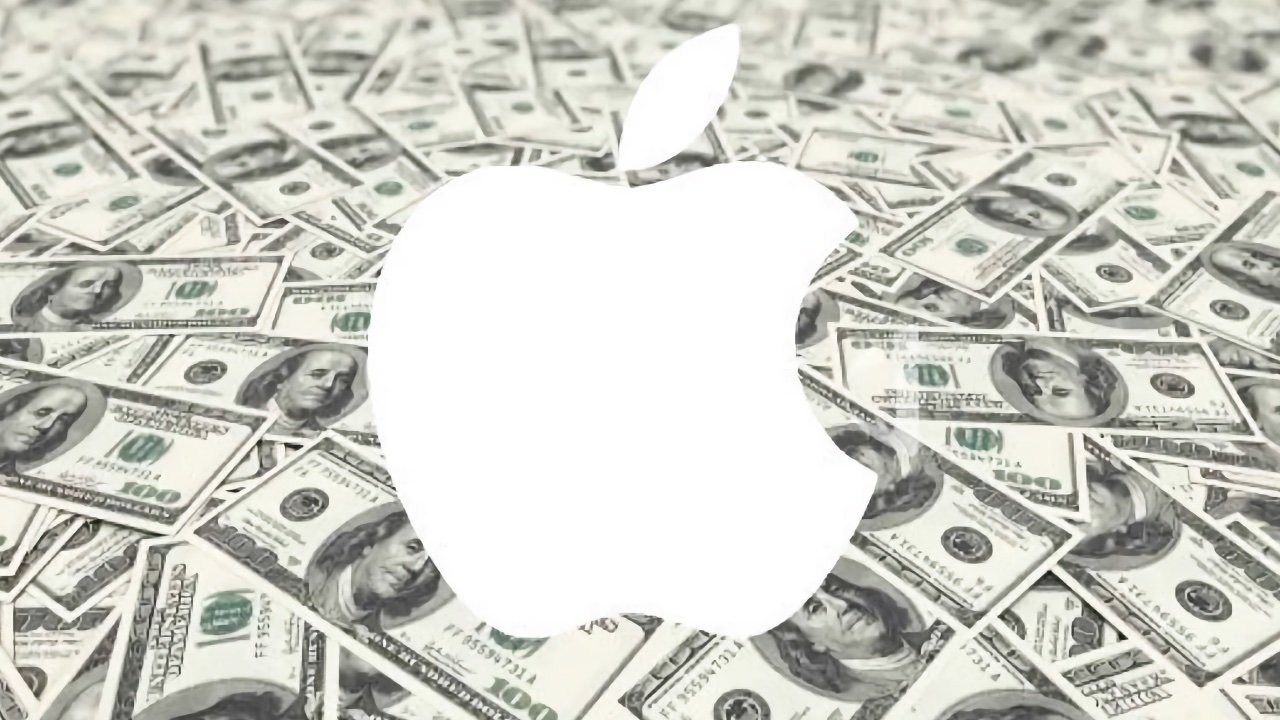Canada’s Digital Services tax on tech giants faces US pushback

Canada’s new Digital Services tax could cost iPhone maker Apple billions, but the US says the fees are discriminating against American tech companies — and is pushing for a delay.
Canada first proposed the legislation in 2021 as an interim measure, following a statement from the G20 allowing for international digital service tax (DST) reform. The G20 countries have been working together to create a multilateral tax on profits made by global tech companies through services, but progress has been slow.
Canada and other countries want to be able to impose taxes on profits made from online marketplace services, advertising services, social media services, and revenue made from selling user data. To qualify under the Canadian law, a tech company would have to have made $750 million or more in qualifying revenue per year, of which at least $20 million would have come directly from Canadian users.
The US objects to the interim DST from the Canadian government on the grounds that it discriminates against US-based companies. Nearly all of the biggest global tech players — including Apple, Microsoft, Google, Amazon, and Meta among others — are based in the US.
Disagreement could result in trade tariffs
The Biden administration has noted that, if passed, such an interim tax structure may violate the rules of the North American Free Trade Agreement. It has requested trade dispute settlement consultations with Canada.
If US Trade Representative Katherine Tai cannot reach an agreement to resolve US concerns about the Canadian tax within 75 days of the consultations, she could request a settlement panel under the US-Mexico-Canada Agreement (USMCA). The dispute might conceivably lead to retaliatory US tariffs on imports from Canada.
The US has previously prepared tariffs on seven other countries that have already passed digital service tax legislation — Austria, Britain, France, India, Italy, Spain and Turkey — but these have been suspended pending the outcome of global negotiations on a worldwide distributed DST agreement.
Tai has said that the US “opposes unilateral digital service taxes that discriminate against US companies. As we pursue these consultations, we will continue to support the Department of the Treasury in the OECD/G20 global tax negotiations to bring a comprehensive solution to the challenge of DSTs.”
If successful in negotiations, Canada’s DST legislation could take effect later this year, and amounts owed by tech companies would be backdated to January 1, 2022. The Canadian legislation is seen by some as a negotiating tactic to spur progress on the global G20 tax reform proposals affecting digital services.
Related
EU denies picking on US tech giants, says US also…
BRUSSELS (Reuters) - Europe's new tech rule aims to keep digital markets
H-1B Visa 2025: How and why US policy shift may…
Recent changes in US H-1B visa policies have sparked significant concern within the Indian IT professional community hoping to work in America. However, the a
Alibaba Group (BABA) Stock: Chinese Tech Giants Gain $439 Billion…
Chinese tech stocks have gained over 40% this year, adding $439 billion in valueChina’s “7 titans” are outperforming the US “Magnificent Seven” tech s
The Global Spread of Protectionist Policies That Squeeze American Tech…
An increasing number of countries in recent years have begun targeting America’s leading technology firms with policies touted as measures to promote fair com













